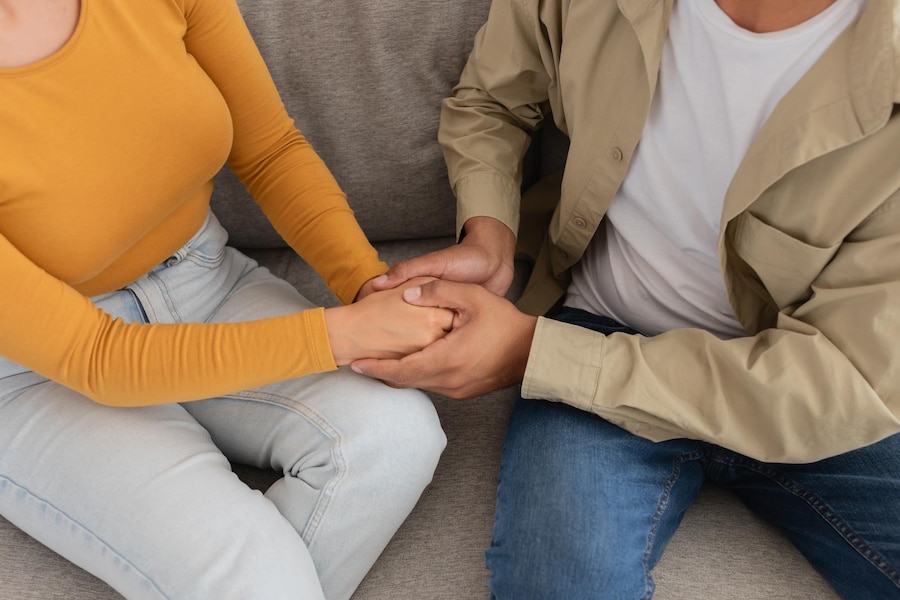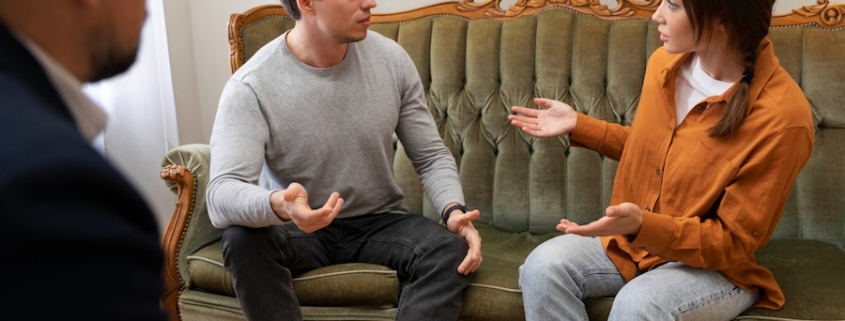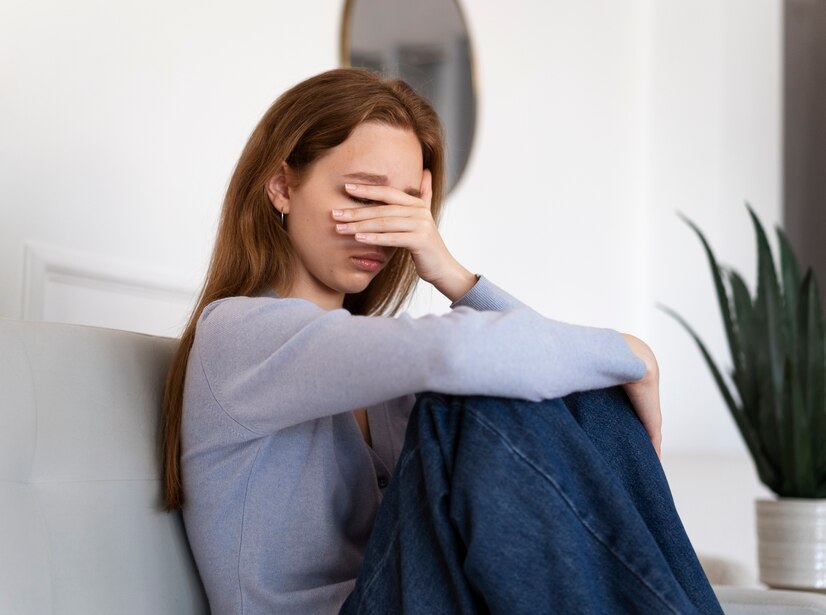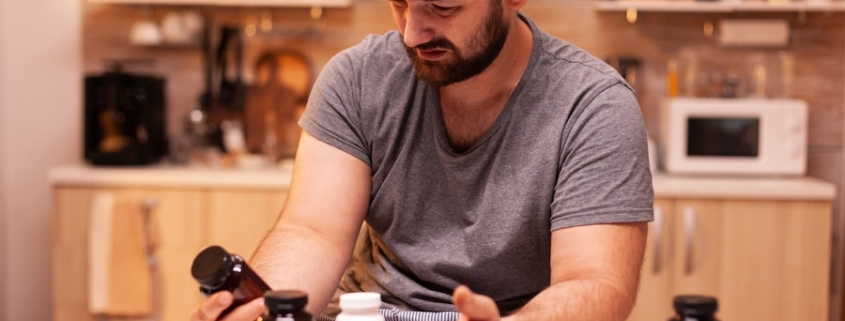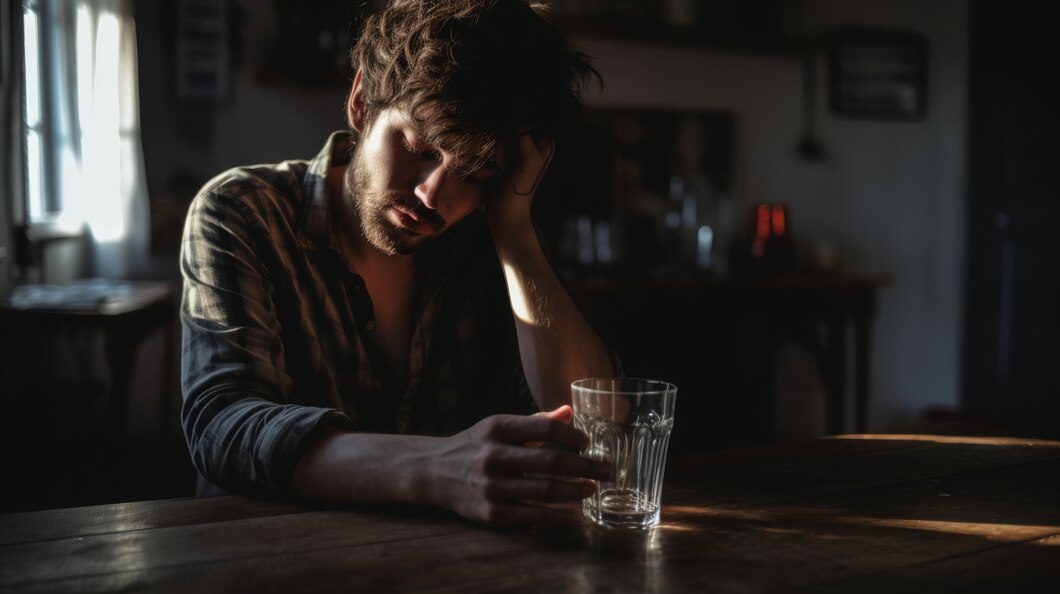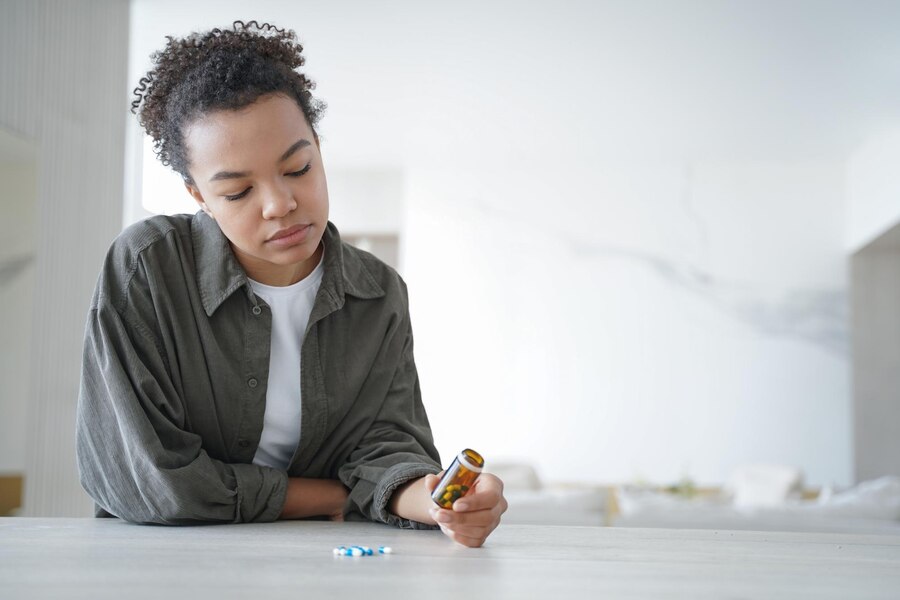Choosing The Best Drug Rehab Center
Choosing the right drug rehab center is a critical step towards recovery. With countless options available, finding the perfect fit can be overwhelming. This guide aims to provide you with essential insights, expert opinions, and actionable tips to help you make an informed decision. Whether you’re searching for a rehab center for yourself or a loved one, this article will equip you with the knowledge needed to choose the best facility for your needs.
Understanding the Importance of Choosing the Right Rehab Center
Why the Right Rehab Center Matters
Selecting the appropriate rehab center can significantly impact the success of the recovery journey. The right facility provides the necessary support, resources, and environment to foster healing and long-term sobriety. Conversely, an unsuitable center can hinder progress and even exacerbate addiction issues.
Types of Drug Rehab Centers
- Inpatient Rehab Centers: Provide intensive, round-the-clock care and support in a residential setting. Best for severe addictions.
- Outpatient Rehab Centers: Offer flexibility, allowing individuals to continue with daily responsibilities while attending treatment sessions. Suitable for milder addictions.
- Holistic Rehab Centers: Focus on treating the whole person, incorporating alternative therapies such as yoga, meditation, and acupuncture.
- Luxury Rehab Centers: Provide high-end accommodations and amenities, often used by high-profile individuals seeking privacy.
- Dual Diagnosis Rehab Centers: Specialize in treating individuals with co-occurring mental health disorders and addiction.
Key Factors to Consider When Choosing a Drug Rehab Center
1. Accreditation and Licensing
Ensure the rehab center is accredited by recognized organizations such as the Joint Commission or CARF (Commission on Accreditation of Rehabilitation Facilities). Accreditation indicates that the facility meets high standards of care and follows best practices. Additionally, check for state licensing, which ensures compliance with local regulations.
2. Treatment Approaches and Programs
Different rehab centers offer various treatment approaches. Look for facilities that provide evidence-based therapies such as:
- Cognitive-Behavioral Therapy (CBT)
- Dialectical Behavior Therapy (DBT)
- Motivational Interviewing (MI)
- 12-Step Programs
- Couples Rehab Programs
Assess whether the center offers individualized treatment plans tailored to the specific needs of each patient. Personalized care increases the likelihood of successful recovery.
3. Staff Qualifications and Ratio
The qualifications and experience of the staff play a crucial role in the quality of care. Ensure that the center employs licensed and certified professionals, including:
- Addiction Specialists
- Psychiatrists
- Licensed Therapists
- Medical Doctors
Additionally, consider the staff-to-patient ratio. A lower ratio ensures that each patient receives adequate attention and support.
4. Aftercare and Support
Recovery is a lifelong journey, and aftercare is vital for maintaining sobriety. Check if the rehab center offers robust aftercare programs, including:
- Alumni Support Groups
- Outpatient Counseling
- Relapse Prevention Plans
- Sober Living Arrangements
5. Location and Environment
The location of the rehab center can impact the recovery process. Some individuals prefer facilities close to home for family support, while others benefit from a change of scenery. Consider the following:
- Urban vs. Rural Settings
- Proximity to Support Networks
- Climate and Natural Surroundings
6. Cost and Insurance
Rehab costs vary significantly based on the type of center and level of care. Determine your budget and explore financing options. Many rehab centers accept insurance, so verify whether your insurance plan covers the treatment. Additionally, inquire about payment plans or sliding scale fees.
Expert Opinions on Choosing a Drug Rehab Center
Dr. John Smith, Addiction Specialist
Insight: “Choosing the right rehab center involves looking beyond the surface. Ensure the facility has a strong track record of success, evidenced by patient testimonials and recovery statistics. A good rehab center will offer comprehensive care, addressing not only the addiction but also any underlying issues.”
Jane Doe, Licensed Therapist
Insight: “It’s essential to find a rehab center that aligns with the individual’s values and preferences. This includes considering treatment philosophies, the types of therapies offered, and the overall atmosphere of the facility. Comfort and trust in the treatment process are key to successful recovery.”
Actionable Tips for Selecting the Best Rehab Center
1. Conduct Thorough Research
Start by compiling a list of potential rehab centers. Use online resources, such as the Substance Abuse and Mental Health Services Administration (SAMHSA) treatment locator, to find accredited facilities in your area.
2. Read Reviews and Testimonials
Look for reviews and testimonials from former patients. These can provide valuable insights into the quality of care and the overall experience at the rehab center. Keep in mind that individual experiences may vary, but consistent positive feedback is a good sign.
3. Schedule Facility Tours
Visiting the rehab centers in person allows you to assess the environment and meet the staff. During your visit, ask questions about the treatment programs, daily schedules, and facility rules. Pay attention to the cleanliness, safety, and overall atmosphere of the center.
4. Ask About Success Rates
Inquire about the center’s success rates and how they measure outcomes. A reputable facility should be transparent about their success rates and have data to support their claims. Additionally, ask about their approach to relapse prevention and long-term recovery support.
5. Verify Insurance Coverage
Contact your insurance provider to understand what services are covered under your plan. Many rehab centers have admissions counselors who can help verify insurance benefits and explain the coverage details.
6. Consider Specialized Programs
If the individual has specific needs, such as co-occurring mental health disorders, chronic pain, or gender-specific treatment, look for rehab centers that offer specialized programs. Tailored treatment can address these unique needs more effectively.
Common Challenges and How to Overcome Them
Challenge 1: Overcoming Stigma
Stigma associated with addiction can be a significant barrier to seeking help. It’s essential to approach the decision with compassion and understanding. Educate yourself and others about addiction as a chronic disease that requires professional treatment.
Challenge 2: Balancing Cost and Quality
While cost is a critical factor, it’s important not to compromise on quality. Look for facilities that offer financing options or sliding scale fees. Some non-profit organizations and government programs also provide low-cost or free treatment options.
Challenge 3: Finding Trustworthy Information
With so much information available online, it can be challenging to distinguish between credible sources and marketing tactics. Rely on accredited organizations, such as SAMHSA and the National Institute on Drug Abuse (NIDA), for trustworthy information on addiction treatment.
Case Study: Successful Recovery Journey
Background
Sarah, a 25-year-old struggling with opioid addiction, decided to seek treatment. After thorough research, she chose an inpatient rehab center specializing in young adult addiction.
Treatment Approach
Sarah’s treatment plan included:
- Medical Detoxification: To safely manage withdrawal symptoms.
- Individual Therapy: Cognitive-Behavioral Therapy (CBT) to address negative thought patterns.
- Group Therapy: Peer support and shared experiences to build a sense of community.
- Family Therapy: To repair relationships and create a supportive home environment.
- Holistic Therapies: Yoga and meditation to promote overall well-being.
Outcome
After completing the 90-day program, Sarah transitioned to outpatient counseling and joined an alumni support group. With ongoing support and a strong relapse prevention plan, Sarah has maintained her sobriety for over two years.
Conclusion
Choosing the right drug rehab center is a pivotal decision in the recovery journey. By considering factors such as accreditation, treatment approaches, staff qualifications, aftercare support, location, and cost, you can make an informed choice that sets the foundation for successful recovery. Remember to conduct thorough research, seek expert opinions, and prioritize the individual’s unique needs and preferences.
FAQs
1. What should I look for in a drug rehab center?
Look for accreditation, individualized treatment plans, qualified staff, aftercare support, and positive reviews. Consider the location, cost, and specialized programs offered.
2. How long does rehab treatment typically last?
Rehab treatment duration varies. Inpatient programs usually last 30 to 90 days, while outpatient programs can extend for several months. The length depends on the individual’s needs and progress.
3. Are there free or low-cost rehab options available?
Yes, there are free and low-cost rehab options available through non-profit organizations, government-funded programs, and sliding scale fees based on income.
4. How can I verify the quality of a rehab center?
Verify accreditation from recognized organizations, check state licensing, read reviews and testimonials, and inquire about success rates and treatment outcomes.
5. What role does family play in the rehab process?
Family involvement is crucial for successful recovery. Family therapy sessions help repair relationships, improve communication, and create a supportive home environment.
National Resources
- Substance Abuse and Mental Health Services Administration (SAMHSA)
- SAMHSA’s National Helpline: SAMHSA Helpline
- Treatment Locator: SAMHSA Treatment Locator
- Mental Health Services: SAMHSA Mental Health
- National Institute on Drug Abuse (NIDA)
- Drug Information: NIDA Drug Information
- Treatment Approaches for Drug Addiction: NIDA Treatment Approaches
- Find Help: NIDA Find Help
- Centers for Disease Control and Prevention (CDC)
- Mental Health: CDC Mental Health
- Substance Use: CDC Substance Use
- Opioid Overdose Prevention: CDC Opioid Overdose
- National Institutes of Health (NIH)
- Mental Health Information: NIH Mental Health
- Substance Use and Addiction: NIH Substance Use
- U.S. Department of Health and Human Services (HHS)
- Mental Health and Substance Abuse: HHS Mental Health and Substance Abuse
- Behavioral Health: HHS Behavioral Health
These resources provide comprehensive information and support for individuals seeking help with substance abuse and mental health issues.



